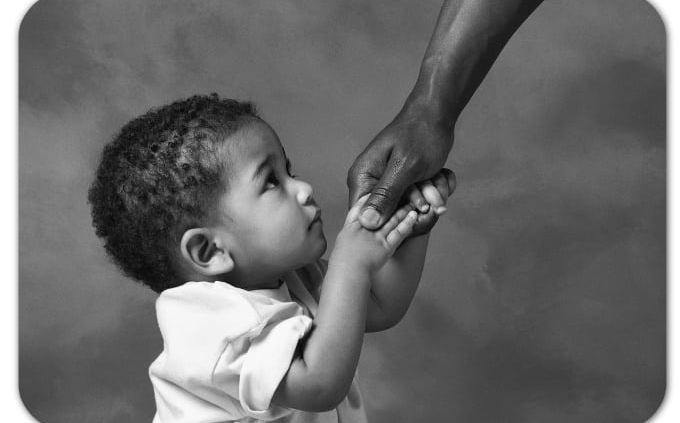Parents Matter More Than Peers – Shaykh Hamza Karamali
* Courtesy of basiraheducation.org
Muslim Reflections on Leonard Sax’s The Collapse of Parenting
We want to transfer our religious values to our children. We want them to love Allah and His Messenger, to live moral lives, to be responsible and hardworking, to pray for us after we leave this world, and to bring joy to the Messenger of Allah (Allah bless him and give him peace) on the Day of Judgment.
But our surrounding culture works against us.
Here’s an example from his book.
“Megan and Jim, both forty-something parents, had planned a four-day ski vacation between Christmas and New Year’s. Their 12-year-old daughter, Courtney, politely declined to join them. “You know I’m not crazy about skiing,” she said. “I’ll just stay at Arden’s house for those four days. Her parents said it’s OK. They have a spare guest room and everything.” So her parents went on the ski vacation by themselves, and Courtney spent four days at the home of her best friend. “I didn’t mind. In fact, I was pleased that Courtney could be so independent,” Megan told me.” (Leonard Sax, The Collapse of Parenting (Basic Books, New York: 2016 ), pp. 27-8)
Because of her surrounding culture, which teaches her to value her peers more than her parents, Courtney valued spending time with her friend more than with her parents. Because of the same culture, which teaches parents to treat their young children as grown-ups, her parents thought they were doing a good thing by letting her be independent. Because Courtney’s parents validated her belief that her friends matter more than her parents, she will be drawn to her friend’s values more than her parent’s. And because the surrounding culture has also cut her friend off from her parents, both Courtney and her best friend Arden will learn the “values” of the “culture of disrespect” that I described in my previous post.
The culture that surrounds us as Muslim parents is the same as the culture that surrounds Megan and Jim. The challenges that we face raising our children are the same as theirs. And the solutions, too, at a high-level, are the same.
The high-level solution is for us to develop a strong family culture in which both parents and children believe that parents (in a Muslim context, the mother even more than the father) are more important than the children’s same-age peers. If Courtney (you can replace her name with “Fatima”) had been part of that strong family culture, she would not have wanted to spend those four days with her friend; she would have wanted to spend them with her parents on their ski-vacation. And her parents would understand that if she wanted to spend those four days with her friend rather than with them, that was not a sign that she had grown up and become independent; it was a sign that they were failing in their goal to transfer their values to her.
That is why, when a man asked the Messenger of Allah (Allah bless him and give him peace), “Who is most deserving of my good companionship?” He replied, “Your mother.” When he asked, “Then who?” he replied, “Your mother.” When he asked again, “Then who?” he replied again, “Your mother.” When he asked a fourth time, “Then who?” he replied, “Your father.” (Bukhari and Muslim)
Leonard Sax argues that the key to developing this strong family culture is building parental authority. That, insha’Allah, will be the subject of my next message.
I encourage all of you to buy the book, read it, follow along as I explain, and please ask your questions here. Every week, I will select one of your questions to answer in this message.
Basira Education
Our mission is to develop intelligent and conservative Muslims whose grounding in the Muslim scholarly and spiritual traditions enables them to critically integrate modern science and culture into their religious worldview.
